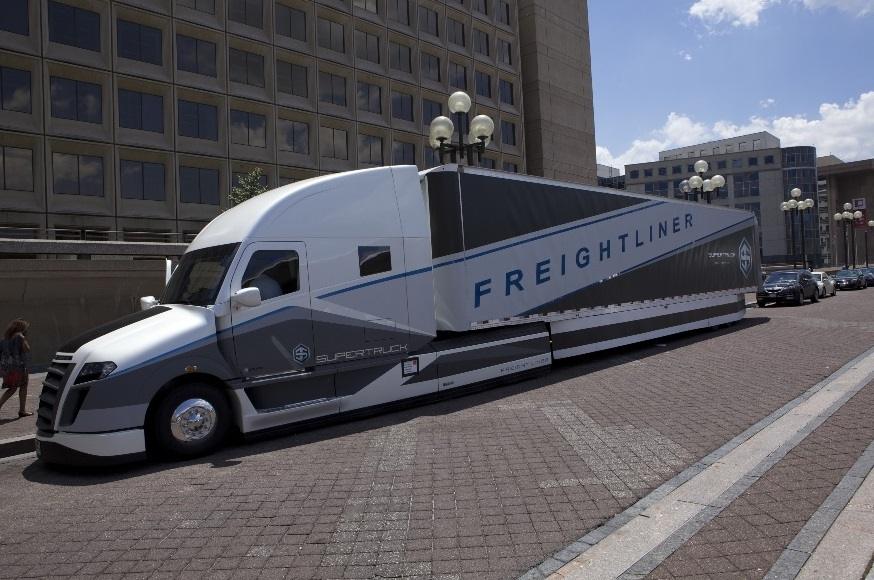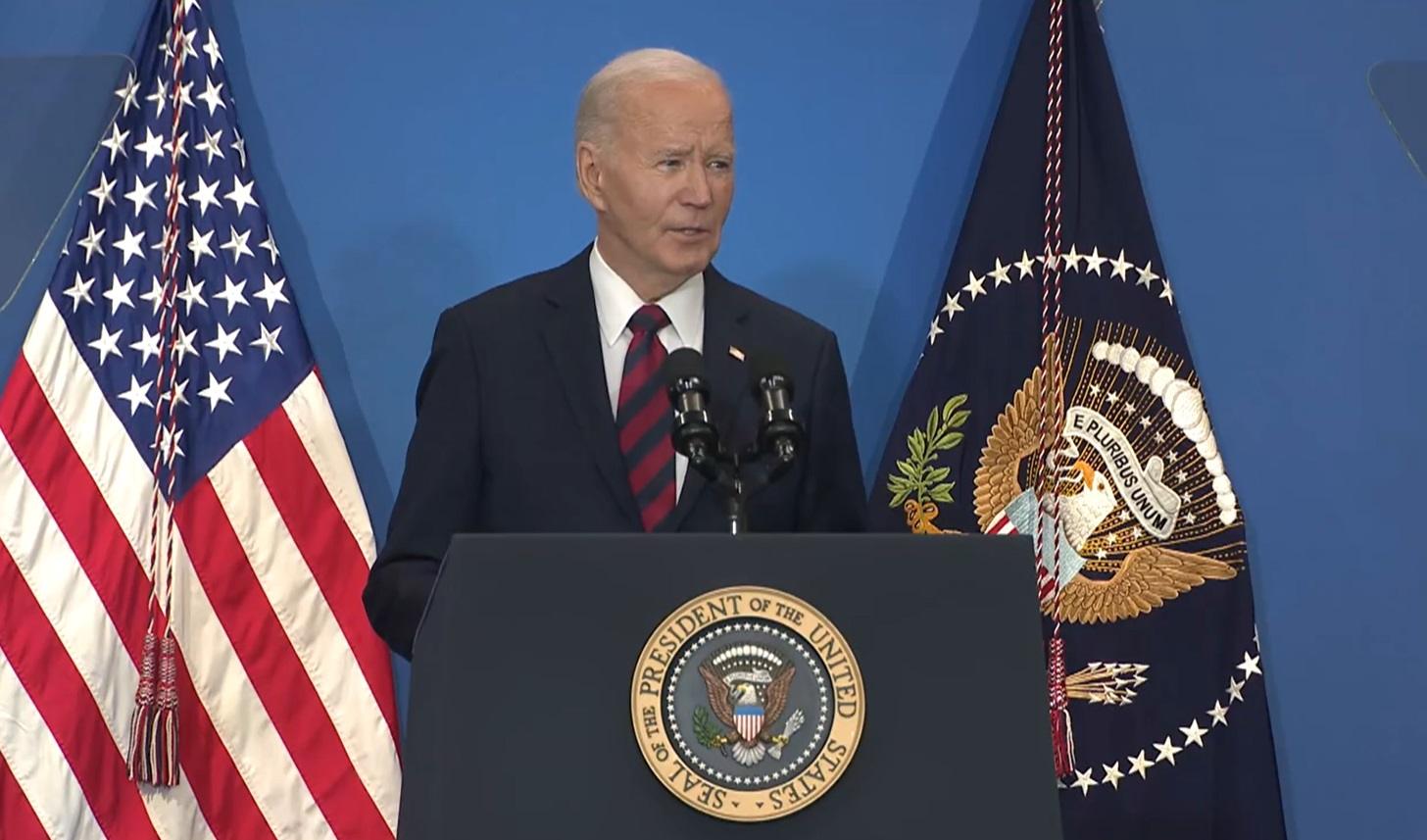US DOE to Invest in Hydrogen and Fuel Cell Technologies
Marking a boost in U.S. efforts to participate in the global energy transition, the U.S. Department of Energy announced that it will invest up to $100 million, subject to appropriations, to advance hydrogen and fuel cell technologies through two new DOE National Laboratory-led research and development consortia.
The focus of the first consortium will be to conduct R&D to achieve large-scale, affordable electrolyzers. The electrolysis process extracts hydrogen from water, with oxygen as a byproduct, for use as an energy source. The extraction process can be powered by various energy sources, including natural gas, nuclear, and renewables. Hydrogen extracted using a renewable energy source, such as wind or solar, is referred to as green hydrogen. R&D conducted by the consortium will complement and help support large industry deployment, enabling more durable, efficient, and low-cost electrolyzers.
The focus of the other consortium will be on R&D to accelerate development of fuel cells for heavy-duty vehicle applications, including long-haul trucks. The DOE announced a five-year goal to prove the ability to have a fully competitive heavy-duty fuel cell truck that meets all of the trucking industry’s durability, cost, and performance requirements.
Commenting on today’s announcement, Under Secretary of Energy Mark W. Menezes said:
“Hydrogen and fuel cell technologies have the potential to enable resiliency, energy security, and economic growth across multiple sectors. Through these ambitious new initiatives, the Trump Administration continues its commitment to all-of-the-above energy solutions, providing a wide variety of clean energy options for both power generation and transportation.”
At a preview of today’s announcement made in remarks to the International Partnership for Hydrogen and Fuel Cells in the Economy (IPHE) Global Hydrogen Forum, DOE’s Assistant Secretary for Energy Efficiency and Renewable Energy, Daniel R. Simmons, said:
“We have made tremendous technological progress on fuel cells, electrolyzers, and fundamental materials, but hydrogen infrastructure remains a critical barrier we are committed to overcome. Through these new consortia, the National Labs, industry, and academia will work together to improve the cost, durability, and distribution of these technologies in order to realize their full potential.”





